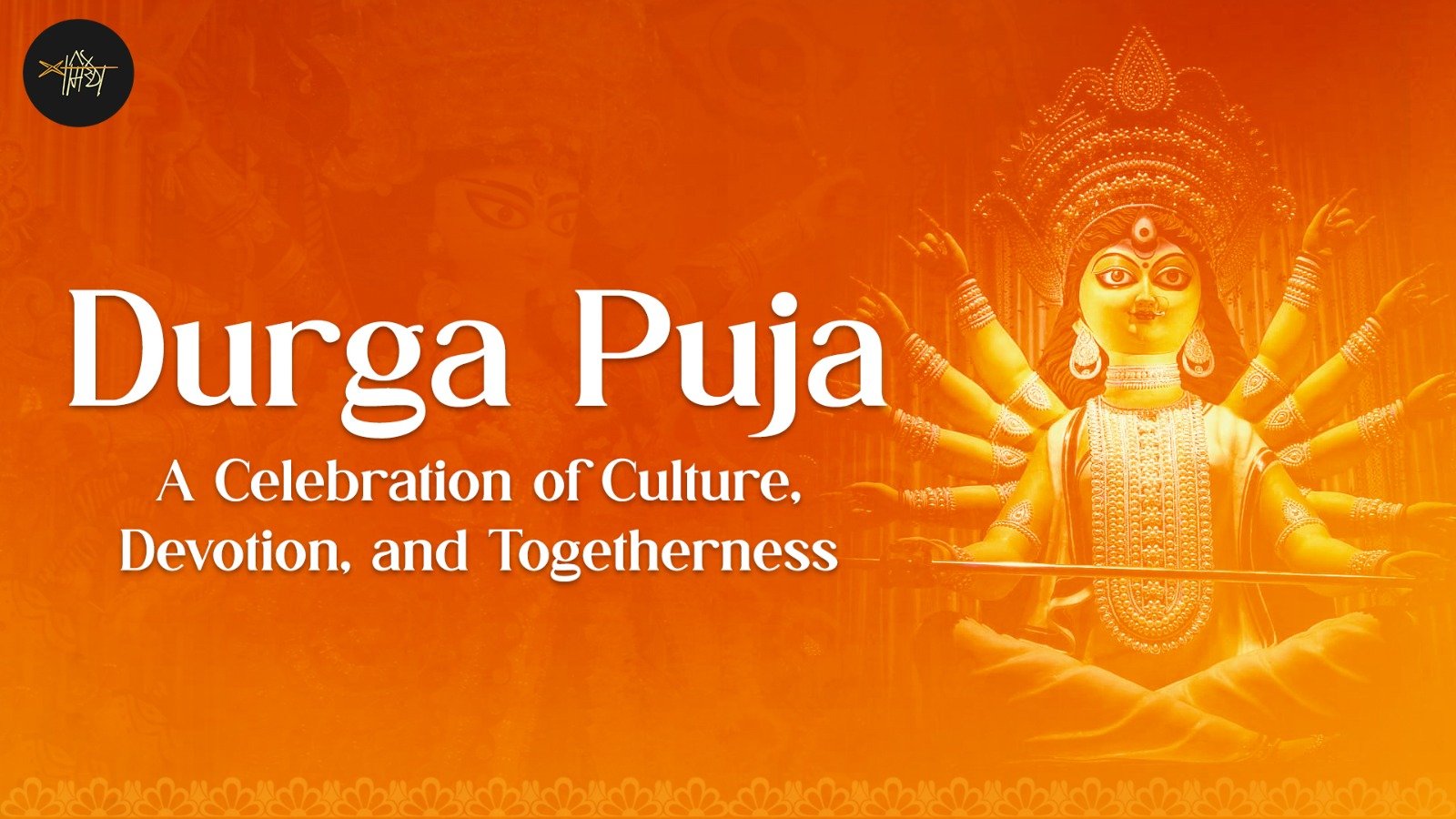This year, July 27, marks the 158th birth anniversary of the popular Bengali poet and composer Rajanikanta Sen, who remains popular among music lovers for his devotional and patriotic songs. His songs were marked by their emotional depth and philosophical content, which appealed to a wide range of audiences. On his birth anniversary, let us know more about the legendary poet. Early Life Sen was born on July 27, 1865, in the village of Balia, located in the present-day Barishal district of Bangladesh, to Sharat Shashi Devi and Ganga Charan Sen. He grew up in a culturally rich environment that further nurtured his interest in poetry and music. At the age of nine, Rajanikanta moved to Kolkata (then Calcutta) with his family, received his education, and explored the literary and musical scene of Bengal, which was flourishing during that period. CareerRajanikanta Sen's professional work as a poet and composer started to gain recognition in the late 19th and early 20th centuries. He became associated with the 'Brahmo Samaj,' a reformist Hindu socio-religious organisation that played a crucial role in the Bengal Renaissance. The Brahmo Samaj's emphasis on religious and social reforms influenced Rajanikanta's poetry and music, which often carried spiritual themes and universal human values. He began composing devotional songs, primarily in Bengali, and his soul-stirring lyrics and melodious tunes quickly won the hearts of the people. His literary contributions made him one of the most revered poets and composers of his time, earning him a special place in the hearts of the Bengali people.However, tragically, Rajanikanta's life was cut short at the age of 44. He passed away on January 20, 1910, in Kolkata, leaving behind a rich legacy of soulful music and poetry that continues to inspire and move people to this day. After his death, five compilations of his creations were published, namely Abhaya in 1910, Anandamayi in 1910, Bishram in 1910, Sadbhabkusum in 1913, and Shesdan in 1916. His songs were published in two separate collections, namely Bhani in 1902 and Kalyani in 1905. Sen's songs remained popular and influential, even after his death, and he is considered one of the pioneers of modern Bengali music. His compositions have been immortalised and continue to be sung by various artists and music enthusiasts in Bengal, upholding his memory and artistic brilliance for generations to come.
Rajanikanta Sen
Sarmistha Ray
||
Post On > Jul 27 2023 ||


The Best Places to Visit in West Bengal During Autumn-Winter Transition
2025-10-08 10:55:53

Durga Puja: A Celebration of Culture, Devotion, and Togetherness
2025-08-28 14:45:06

Recitation Was Once Considered a Competitive Sport in Ancient Greece
2025-08-13 13:11:14

Recitation Across Cultures: A Global Perspective
2025-08-06 14:50:44

The Power of the Spoken Word: Techniques and Traditions in Recitation
2025-07-30 13:51:52

Travel in Monsoon: A Magical Experience
2025-07-02 15:03:12